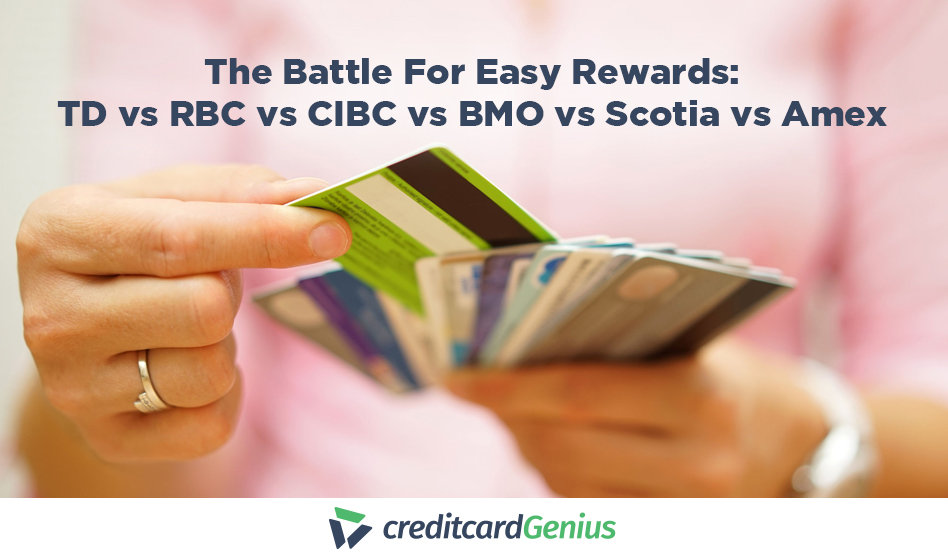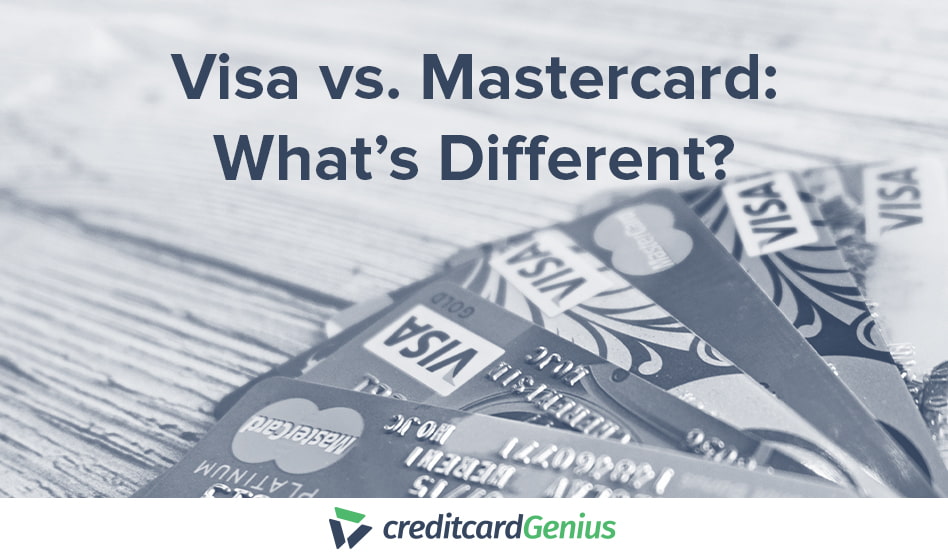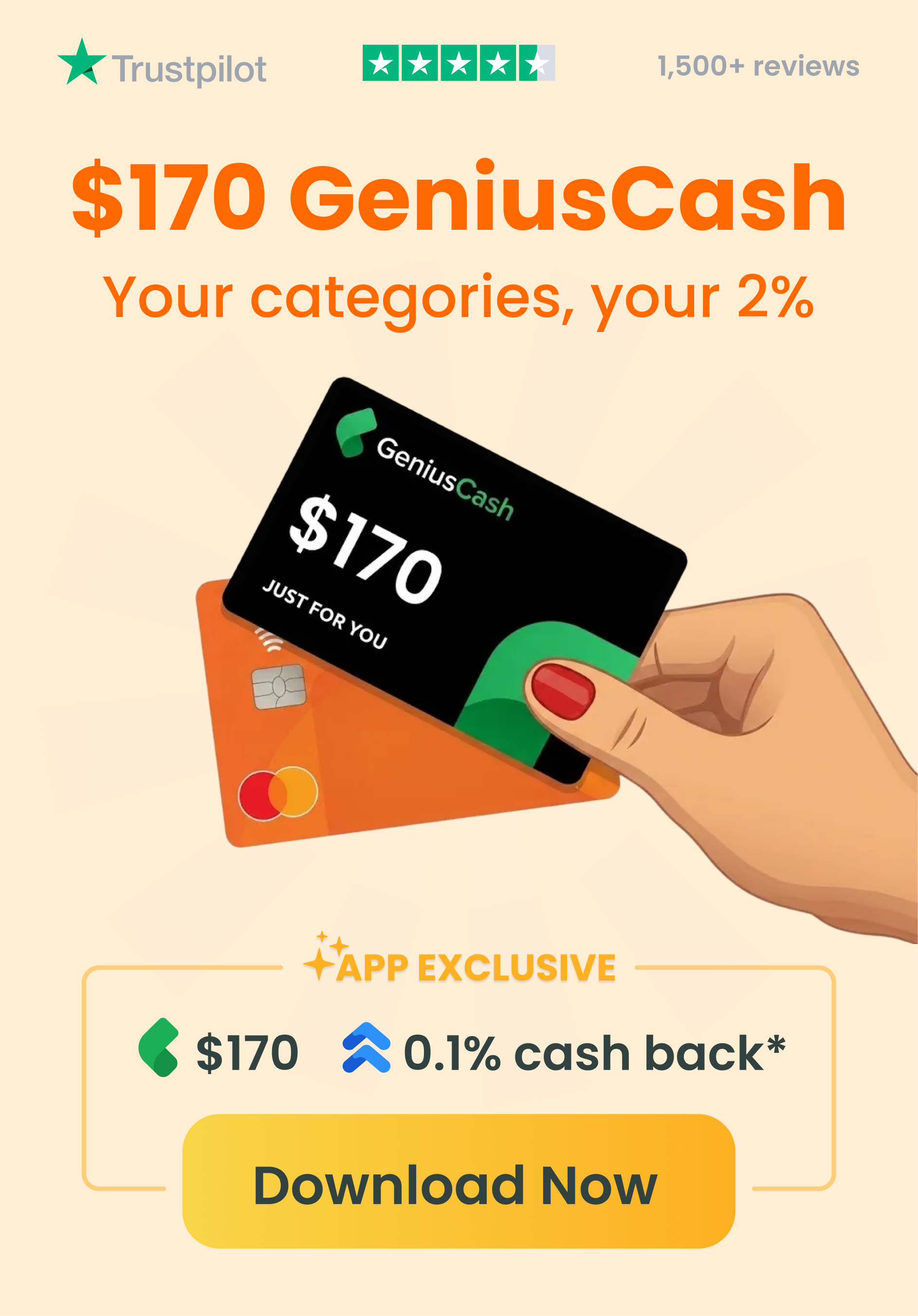If you’re currently unemployed but need a new credit card, you might be worried you won’t qualify for one. Luckily, not every credit card has steep income requirements, and Canadians can get a credit card without a job.
There are several credit cards with low-to-no income requirements, and options like student, prepaid, and secured credit cards can be very convenient options for the right people.
Here, we discuss how you can apply and get approved for credit cards, even if you aren't currently employed.
Key Takeaways
- You can list many other sources of income besides employment on a credit card application.
- It’s easier to qualify for joint, low-income, prepaid, secured, and student credit cards.
- Check the eligibility requirements for potential credit cards before applying so you don’t lower your credit score unnecessarily.
Never miss an amazing deal again + get our bonus 250+ page eBook for FREE. Join 50,000 other Canadians who receive our weekly newsletter – learn more.
Can you get a credit card without a job?
If you’re a homemaker, newcomer, retiree, student, or otherwise unemployed, you aren’t barred from owning a credit card.
The key to getting approved is to list alternative sources of income.
What counts as income?
When you apply for a credit card, the issuer wants to know if you have the means to repay your debt. If your cash flow is steady, stable, and leaves a paper trail, so much the better.
Here are nine potential sources of income to list on a credit card application:
- Employment in a full-time, part-time, freelance, or self-employed position
- Financial aid such as bursaries, grants, and scholarships
- Financial products such as inheritances, investments, registered savings plans, savings accounts, and trust funds
- Government benefits from programs like the Canada Pension Plan, disability, and Employment Insurance
- Household members such as your common-law partner, parents, or spouse
- Legally binding settlements such as alimony, child support, or a lawsuit
- Liquid assets such as bonds, Guaranteed Investment Certificates, or real estate
- Passive projects like media royalties, rental properties, and web advertising
- Provincial social assistance programs such as disability, income support, or welfare
Review your bank account statements and note any regular sources of income. Who and what can you count on for a steady source of cash?
What doesn’t count as income?
When in doubt about what counts as income, ask yourself if it’s steady, stable, and comes with paperwork.
Here are five things you should leave off your credit card application:
- Any form of debt, such as student loans, lines of credit, or other credit cards
- Insurance claim payouts, such as life insurance or new vehicle insurance payouts
- Personal gifts from friends and family
- Prizes like lottery and scratch card winnings
- Small sales of personal items, unless you make a regular income from flipping things on Facebook Marketplace
How to get a credit card with no job
If you can’t count on a regular cash flow, it’s time to consider credit products with low barriers for approval. Here are a few options that don’t require a job.
Use your household income
When checking credit card requirements, you will notice two different figures listed for income requirements: personal or household. If you don’t have personal income because you’re not working, you might still qualify for a card if your household (typically you and your spouse or partner) makes enough money to meet the card’s household requirements.
Pros:
- You can use the combined income of your household
- You don’t have to show proof of your personal income
- Works well if you have a high earner in the family
Cons:
- Household income requirements are often much higher than personal income requirements
- If your family’s overall income is low, you still might not qualify
Become an authorized user or get a joint credit card
However, keep in mind that because you’re not legally responsible for making payments, you can’t build up your credit score this way.
You can also apply for a joint credit card with your spouse or common-law partner. If your partner is in a strong financial position, your own unemployment won’t matter so much.
Pros:
- Great for someone with no or a poor credit score
Cons:
- Can cause friction about repayments
- Doesn’t help build your credit
Get a card with low or no income requirements
Valuable rewards and benefits are often reserved for high spenders, but as of 2017, American Express no longer enforces minimum income requirements. Now, Canadians have an even wider range of low-income cards to choose from.
Pros:
- Much easier to qualify
- Great for people with little or no credit
Cons:
- Doesn’t come with as many rewards or benefits
- Typically lacks great insurance coverage
Here are our top three low-income credit cards in Canada:
| Card | Income requirements | Annual fee | Welcome bonus | Benefits | Genius rating |
|---|---|---|---|---|---|
| American Express Cobalt Card | $0 | $191.88 |  $100 GeniusCash + Up to 15,000 bonus points (terms) $100 GeniusCash + Up to 15,000 bonus points (terms) | * Up to 5 points per $1 spent * 10 types of insurance coverage included * 10 ways to redeem points | 5.0 |
| SimplyCash Card from American Express | $0 | $0 |  $50 GeniusCash + 5% cash back for the first 3 months (terms) $50 GeniusCash + 5% cash back for the first 3 months (terms) | * Up to 4% cash back * 3 types of insurance coverage included | 4.4 |
| Tangerine Money-Back Credit Card | $12,000 personal income | $0 |  $140 GC Boost + 10% extra cash back for the first 2 months (terms) $140 GC Boost + 10% extra cash back for the first 2 months (terms) | * $12,000 income required * Up to 2% cash back on 3 categories of your choice * Limited insurance included | 4.4 |
Get a prepaid credit card
Prepaid credit cards are similar to debit cards: you can’t spend more cash than you actually have. Unlike a debit card, prepaid cards aren’t tied directly to your bank account, and they use Visa, Mastercard, or American Express instead of Interac.
Pros:
- Available for purchase at many stores
- No annual fees
- No credit check required
- No interest rates
Cons:
- No included insurance coverage
- No welcome bonuses
- Won’t build your credit score
If you want a reloadable prepaid credit card with rewards, you’ll have to apply for it. Here are the top three prepaid credit cards you can only get with an application:
| Card | Annual fee | Rewards and benefits | Genius rating |
|---|---|---|---|
| EQ Bank Card | $0 | * 0.5% cash back on purchases * 0% foreign exchange fee * No credit check required | 4.3 |
| KOHO Essential Mastercard | $48 | * 1% instant cashback on groceries, bills, and restaurants * Foreign exchange fee of 1.5% * No credit check required | 2.3 |
| Wealthsimple Prepaid Mastercard | $0 | * 1% cashback on purchases * 0% foreign exchange fee * No credit check required | 4.4 |
Get a secured credit card
You’re guaranteed a secured credit card as long as you can make a security deposit. The size of your deposit determines your credit spending limit. If you can’t pay your bills, the issuer cashes your deposit instead.
Secured credit cards enable you to build your credit score and eventually qualify for a card that doesn’t require payment up front. You can apply even if you’re bankrupt or in a consumer proposal plan… just don’t expect a welcome bonus or any insurance coverage.
Pros:
- Guaranteed approval with a security deposit
- Can help you learn financial responsibility
- Builds your credit score with responsible use
Cons:
- Doesn’t include welcome bonus
- Doesn’t include insurance coverage
- Limited or no rewards
We’ve weighed all the factors, and these are the three best secured credit cards in Canada:
| Card | Annual fee | Minimum deposit | Benefits | Genius rating |
|---|---|---|---|---|
| Neo Secured Mastercard | $95.88 | $50 | * Average 5% cash back with Neo retail partners * Foreign exchange fee of 2.5% * No credit check required | 1.8 |
| Home Trust Secured Visa Card | $0 | $500 | * Low foreign exchange fee of 2% * No annual fee * No credit check required | 2.5 |
| Secured Tims Mastercard | $0 | $500 | * Earn 2 points per $1 spent at Tim Hortons and on groceries, gas, EV charging, and transit * Redeem rewards for Tim Hortons menu items * No credit check required | 2.2 |
Get a store credit card
The best store credit cards reward you for shopping at your favourite retailers. They’re perfect for self-employed or freelance workers who regularly buy materials.
Pros:
- Basic insurance coverage included
- Can build your credit score
- Valuable cash back and rewards programs
- Great welcome bonuses
Cons:
- Good credit required (660 – 900)
- High interest rates
- May have minimum income requirements
There are many store cards out there, but these are a few of the top options:
| Card | Associated store | Annual fee | Benefits | Genius rating |
|---|---|---|---|---|
| CIBC Costco Mastercard | Costco | $0 | * 3% cash back at restaurants Costco gas * 2% cash back at all other gas stations and at costco.ca * 3 types of insurance included | 4.2 |
| Triangle World Elite Mastercard | Canadian Tire | $0 | * 4% back on spending at Canadian Tire, Mark's, Sport Chek, and Atmosphere * 3% back on grocery store purchases * Complimentary roadside assistance included | 3.8 |
| Amazon.ca Rewards Mastercard | Amazon | $0 | * 2.5% back on eligible purchases at Amazon.ca, Whole Foods Markets, and foreign currency transactions with Prime membership * 1.5% back on eligible purchases at Amazon.ca, Whole Foods Markets, and foreign currency transactions without Prime membership * Includes extended warranty and purchase protection | 3.2 |
Get a student credit card
The best student credit cards in Canada can help you build your credit score on a modest budget and offset the dent made by student loans.
In an effort to entice young customers, most student cards offer zero fees, cash back, rewards programs, and basic insurance coverage. But you’ll have to supply proof of enrollment or a student visa to qualify.
We’ve studied the data and determined the top three student credit cards in Canada:
| Card | Welcome bonus | Rewards and benefits | Genius rating |
|---|---|---|---|
| BMO CashBack Mastercard for students |  $20 GeniusCash + 5% cash back for the first 3 months (terms) $20 GeniusCash + 5% cash back for the first 3 months (terms) | * Earns cash back on all purchases * Includes extended warranty and purchase protection * Save up to 7 cents per litre at Shell stations | 3.9 |
| Scotiabank Scene+ Visa Card for Students | 5,000 bonus points (terms) | * Earn 1 Scene+ point per $1 spent * Earn 1,250 bonus points after your first purchase * Car rental discounts | 3.4 |
| RBC ION Visa | 11,000 Avion points (terms) | * Earn 1.5x points per $1 spent on groceries, gas, rideshares, daily transit, EV charging, subscriptions, digital gaming, and streaming
* Earn 1 point per $1 on all other purchases * Save 3 cents per litre at Petro-Canada | 4.6 |
Pros:
- Offers basic rewards, insurance, and welcome bonuses
- Doesn’t require a high credit score
- Responsible use can help you build your credit score
Cons:
- Requires proof of enrollment or a student visa
How to preserve your credit score
Every time you apply for a credit card, the issuer does a hard credit check that lowers your credit rating. If you’re applying for multiple cards at once, it’s best to do it all within a 2-week period so all the checks only count as one credit pull.
You should also make sure you’re eligible for a card – there’s no use applying if you don’t meet the minimum age or income requirements! The creditcardGenius quiz can help you screen which cards you qualify for ahead of time.
FAQs
Do you need a job to get a credit card in Canada?
You don't necessarily need a job in order to get a credit card. You might be able to qualify by providing proof of steady income in another way, or by using your combined household income with a partner or spouse.
Can I get a credit card without income in Canada?
Most credit card issuers want to see your income so they know you can repay your debt. That said, you might be able to get a different type of credit card, like a secured card, without income.
What is the easiest credit card to get approved for in Canada?
If you’re trying to get a card without income requirements, then an American Express is probably your best bet. However, guaranteed approval or secured credit cards are the easiest to be approved for.
Can you get a credit card from RBC without a job?
Yes, there are a few RBC credit cards that don’t have income requirements. For example, the RBC Cash Back Mastercard doesn't have income requirements. There are also several Amex cards without income requirements.
Which credit cards do not require proof of income?
Generally, Amex cards don’t require proof of income, so these might be your best option if you’re struggling to get a credit card. The American Express Cobalt Card is the best credit card in Canada and doesn't have income requirements.
creditcardGenius is the only tool that compares 126+ features of 228 Canadian credit cards using math-based ratings and rankings that respond to your needs, instantly. Take our quiz and see which of Canada's 228 cards is for you.






 GC:
GC: 


































Comments
Leave a comment
Required fields are marked with *. Your email address will not be published.